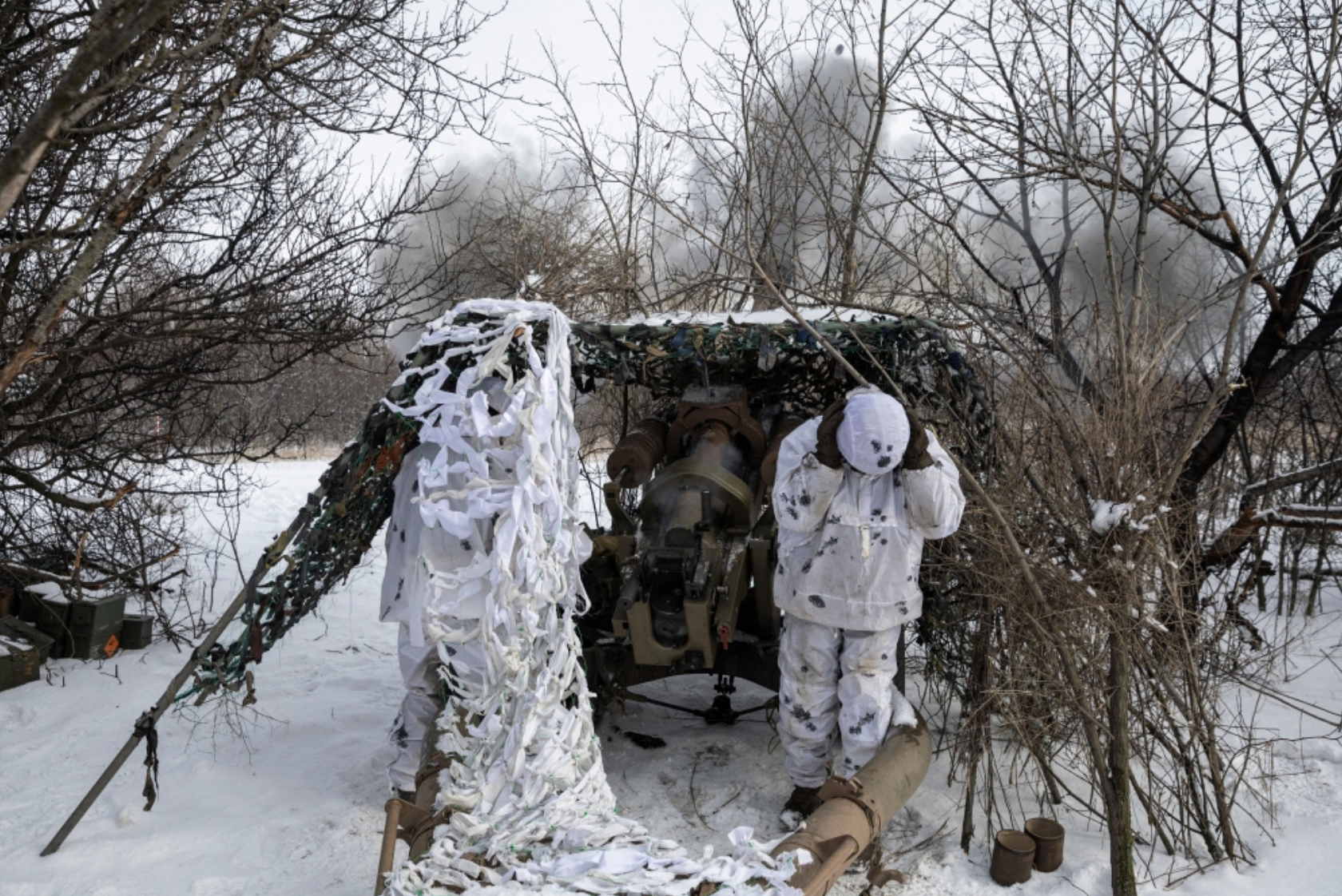What is the worst 'enemy' of the Ukrainian Armed Forces?
(Baonghean.vn) - Winter will be a difficult challenge for the Ukrainian Armed Forces. Ice will reduce the mobility of equipment, increase the risk of frostbite and reduce reconnaissance activities. Moreover, the destruction of energy infrastructure will seriously affect the fighting.

According to National Interest, winter comes with freezing temperatures, when temperatures drop below 4 degrees, the armies of both Russia and Ukraine begin to prepare for a new phase of war.
Temperatures below zero can have a negative impact on the performance of weapons and military equipment. The sensitivity of ammunition will decrease, affecting the accuracy of shooting. This means that ammunition will be consumed. Wear and tear on the equipment in use will increase, battery life will decrease, and this requires more frequent maintenance and repair.
The mobilization and use of heavy equipment such as tanks and especially towed artillery will also be more difficult. This will directly affect the course of combat, because mobility on the battlefield is extremely important for advancing or retreating.
Winter weather can freeze the front lines. Winter terrain with lots of snow and bare trees will force soldiers to use new types of camouflage to avoid detection. Another limiting factor in winter fighting is the risk of frostbite and hypothermia. Not only physical, humidity and cold will also negatively affect the morale of the army.
According to National Interest, to prevent the above factors, training personnel and equipping them with appropriate weapons is extremely important. This will largely determine the success of the winter campaign.
Ukrainian President Volodymyr Zelensky said his country was ready to resume military operations in the winter. Russian leaders also said they were prepared for such an operation. Russian Defense Minister Sergei Shoigu visited troops in the southern Donetsk region to check their combat readiness.
But for Ukraine, according to the National Interest, the most serious challenge is not the cold, but the destruction of energy infrastructure. This can seriously affect the course of military combat. For example, power outages will cause consequences such as lack of communication, and disruption of the work of field hospitals. This is why President Zelensky emphasized the need to deploy additional air defense systems to respond to Russia's attacks on Ukraine's energy grids.
Meanwhile, the head of Ukraine's military intelligence agency, Kirill Budanov, said that winter will not affect Ukraine and Russia, because both armies are used to it.
In principle, rain and snow can reduce the mobility of heavy equipment such as tanks. But the Ukrainian army has proven effective when operating mainly in small infantry units with light weapons. However, analysts believe that winter will be a test of the Ukrainian army's strength.
According to National Interest, history has shown that many important wars took place in winter, such as the ancient Greek battle of Xenophon, or the war of Alexander the Great. The Soviet Union also demonstrated its ability to conduct successful military operations in winter. In the Battle of Stalingrad, the Soviet army fought in extremely cold temperatures, running low on ammunition and supplies, while fending off attacks from Germany. However, they turned the situation around, and eventually won. The Winter War in Stalingrad left a big mark in Russian history.
Western and Russian analysts believe that in winter, the sides will conduct long-range attacks on important infrastructure, as well as along supply routes./.


